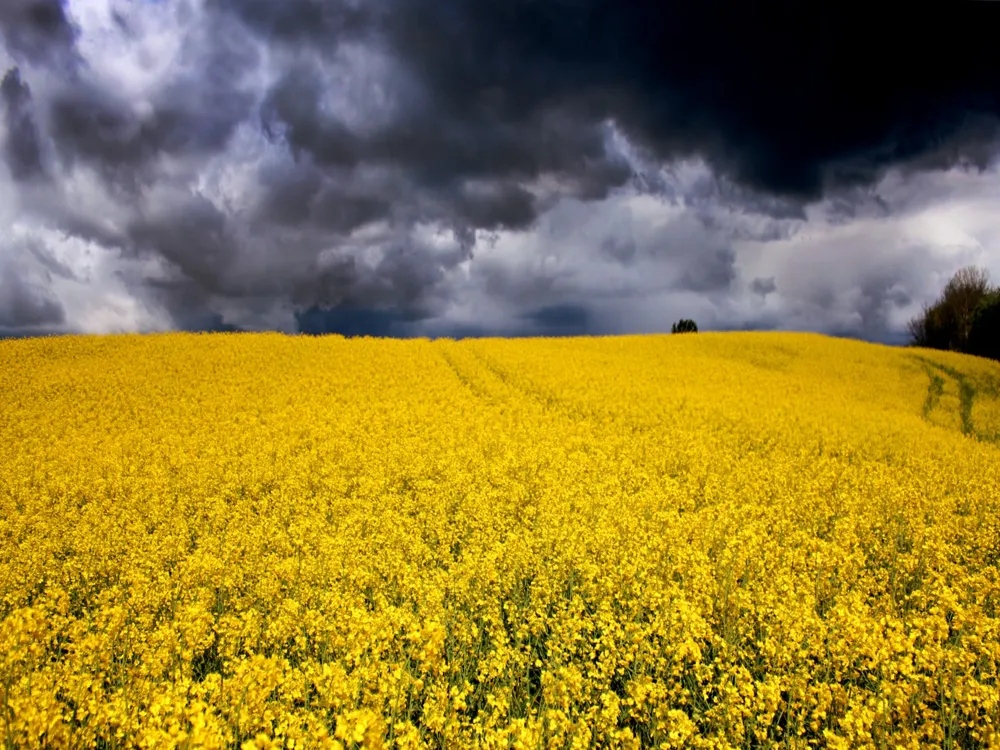All Ahmedabad Tours & Excursions in 2025
Best Seller
Free Cancellation
8 hours
from ₹10000
★ 5.0 (41)
World heritage Ahmedabad city tour
In private car with guide and lunchFree Cancellation
8 hours
from ₹10000
Price varies by group size
Best Seller
Free Cancellation
8 hours
from ₹10000
★ 5.0 (41)
World heritage Ahmedabad city tour
In private car with guide and lunchFree Cancellation
8 hours
from ₹10000
Price varies by group size
Best Seller
Free Cancellation
8 hours
from ₹10000
★ 5.0 (41)
World heritage Ahmedabad city tour
In private car with guide and lunchFree Cancellation
8 hours
from ₹10000
Price varies by group size
Best Seller
Free Cancellation
8 hours
from ₹10000
★ 5.0 (41)
World heritage Ahmedabad city tour
In private car with guide and lunchFree Cancellation
8 hours
from ₹10000
Price varies by group size
Best Seller
Free Cancellation
8 hours
from ₹10000
★ 5.0 (41)
World heritage Ahmedabad city tour
In private car with guide and lunchFree Cancellation
8 hours
from ₹10000
Price varies by group size


